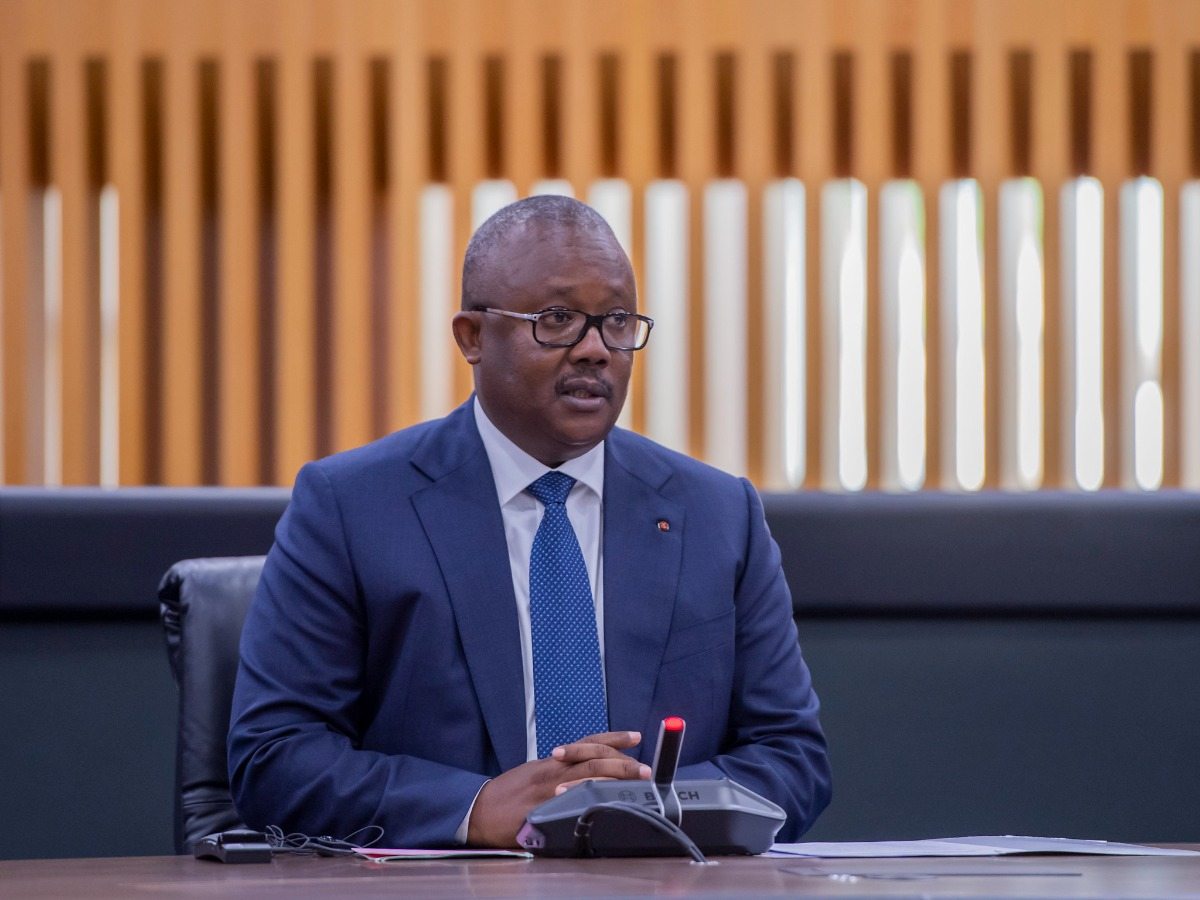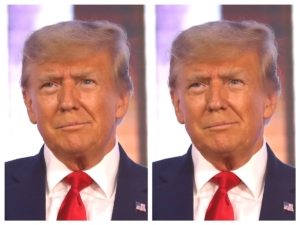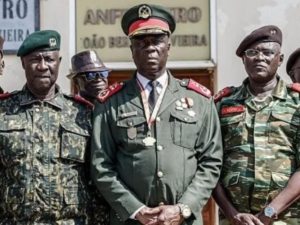Guinea-Bissau slipped deeper into political turmoil this week as soldiers confirmed a new junta leader and former President Umaro Sissoco Embaló departed for neighboring Senegal after a fiercely disputed election.
The military high command presented Gen. Horta Inta-a on state television as the head of a transitional military government that intends to steer the country through a one-year handover period. Inta-a, once Embaló’s army chief of staff, has now become the face of the country’s latest power shift.
Senegal’s Ministry of Foreign Affairs said Embaló landed in Dakar aboard a government-chartered plane. The ministry revealed it had been “in direct communication with all concerned Guinea-Bissau actors” and pledged to work with partners to support a democratic transition.
READ ALSO: Army general sworn in as Guinea-Bissau’s new head of state after takeover
Long viewed as one of the poorest and most politically fragile states in West Africa, Guinea-Bissau has endured repeated coups and attempted coups since independence from Portugal more than fifty years ago. Its role as a trafficking corridor between Latin America and Europe has also contributed to decades of instability.
The country briefly braced for mass demonstrations after opposition parties urged supporters to protest and demanded the release of election results that were expected on Thursday. Military authorities quickly moved to halt that momentum with a broad prohibition on gatherings and “all disturbing actions of peace and stability in the country.”
In an earlier address, Inta-a justified the intervention. “The inability of political actors to stem the deterioration of the political climate ultimately prompted the intervention of the armed forces,” he said.
Officials insisted Embaló and others detained during the takeover were unharmed, though the circumstances of his sudden relocation to Senegal remained unclear.
Outrage from the region and abroad mounted swiftly. African Union Commission Chairperson Mahmoud Ali Youssouf condemned the military action and demanded the unconditional release of Embaló and other detainees, urging respect for the electoral process. ECOWAS, which held a virtual meeting of heads of state, issued a similar rebuke, describing Embaló’s detention as unlawful. Its chair, Sierra Leone’s Julius Maada Bio, stated that “Our response will be firm, principled, and consistent with our history.”
READ ALSO: Soldiers claim control in Guinea-Bissau, announce takeover on state TV
France and additional international partners also called for a restoration of constitutional governance.
Meanwhile, political rivals offered competing accounts of the events. Fernando Dias, the opposition candidate who also claimed victory in the tight presidential vote, accused Embaló of orchestrating the upheaval to avoid conceding defeat. His claim is yet to be verified.
Daily life in Bissau resumed cautiously on Thursday, with shops reopening and transport services returning after gunfire rattled the capital just days after the election, AP reported. Soldiers later appeared on national television, announcing they had taken control and sealing off the election commission’s headquarters.
In a video message, Dias, 47, said he slipped out of custody “through a back door” and vowed to resist. The military cited what it described as the “discovery of an ongoing plan … to manipulate electoral results.” Spokesperson Dinis N’Tchama alleged that the alleged plot involved political figures, “a well-known drug lord, and domestic and foreign nationals.”
Analysts say the upheaval reflects the long erosion of state institutions. Beverly Ochieng of Control Risks noted that Guinea-Bissau’s instability is tied to “how much (state) institutions have been undermined and weakened.” Under Embaló, she said, “the legislature was dissolved unilaterally, the judiciary was operating under capacity, and there were deep-seated sentiments around political influence.”
READ ALSO: Guinea-Bissau president arrested by armed men, sources say
The crisis emerged amid crucial presidential and legislative elections. Embaló, a former general now 53, had faced massive criticism from opponents who argued his mandate had expired and had publicly refused to recognize his presidency.










